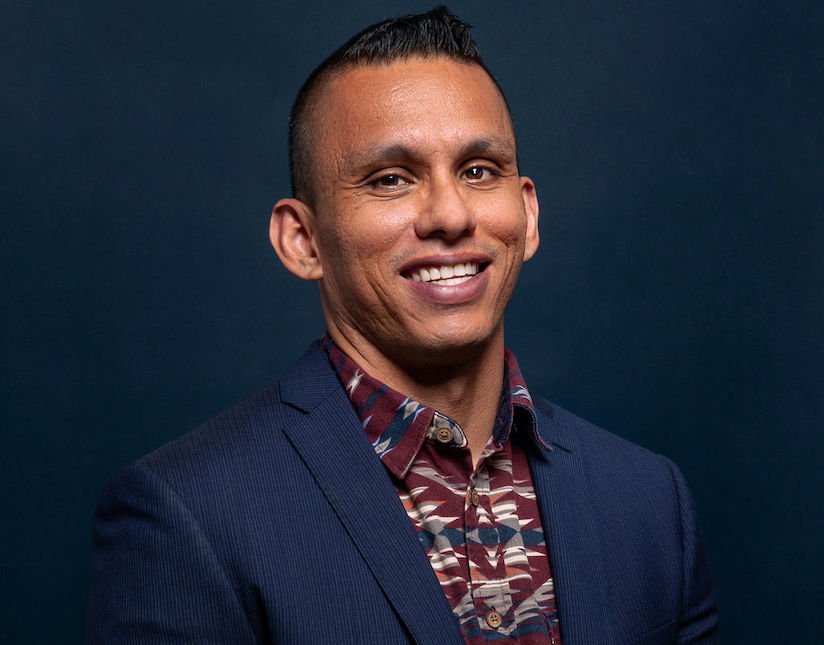Dr. Mario Guerrero is department chair and professor of political science at California Polytechnic State University, Pomona.
Dr. Mario Guerrero is a published scholar, educator and community leader. Named "Professor of the Year" and "Outstanding Advisor" at Cal Poly Pomona, Dr. Mario Guerrero is passionate about both higher education and civic engagement. Dr. Guerrero serves as Department Chair of the Political Science Department at Cal Poly Pomona, leading a group of dynamic and engaged faculty and students.
Dr. Guerrero teaches courses on American politics including the presidency, Congress, and elections. His research includes work on campaign finance, emerging communication technologies, and political behavior. He has been elected to the Academic Senate and its Executive Committee. He serves as Interim Faculty Director and faculty fellow for the Office of the Undergraduate Research. He is the former president of the American Political Science Association’s Latino Caucus, a member of the Western Political Science Association’s (WPSA) Executive Council, a Ford Foundation Fellow, and RAND Faculty Leader.

